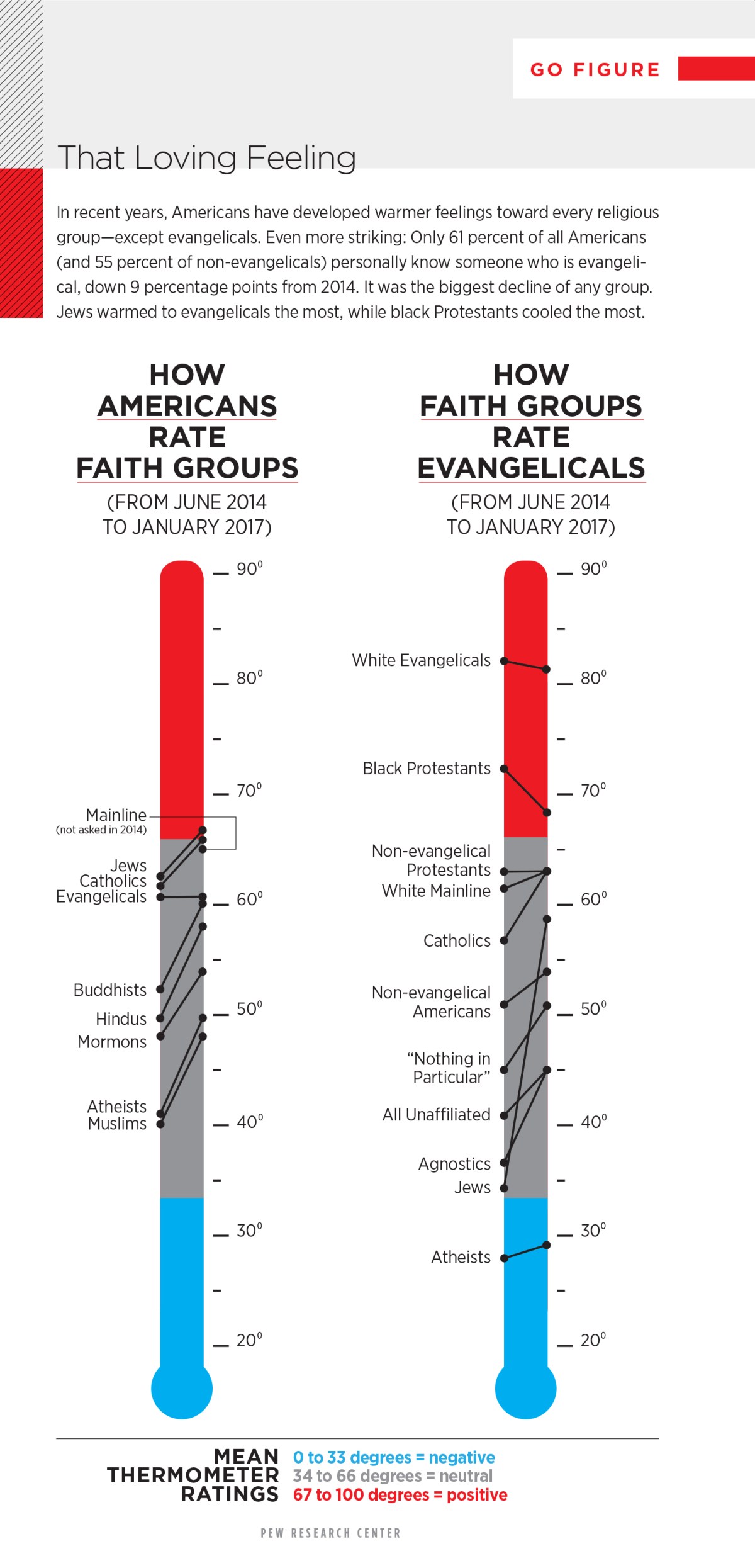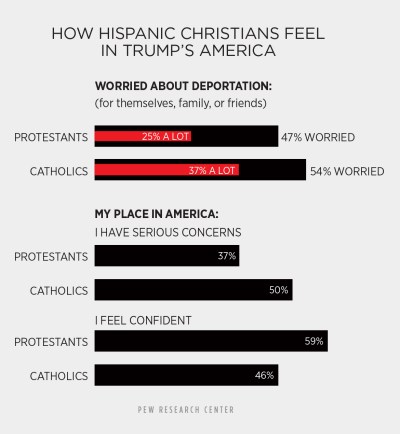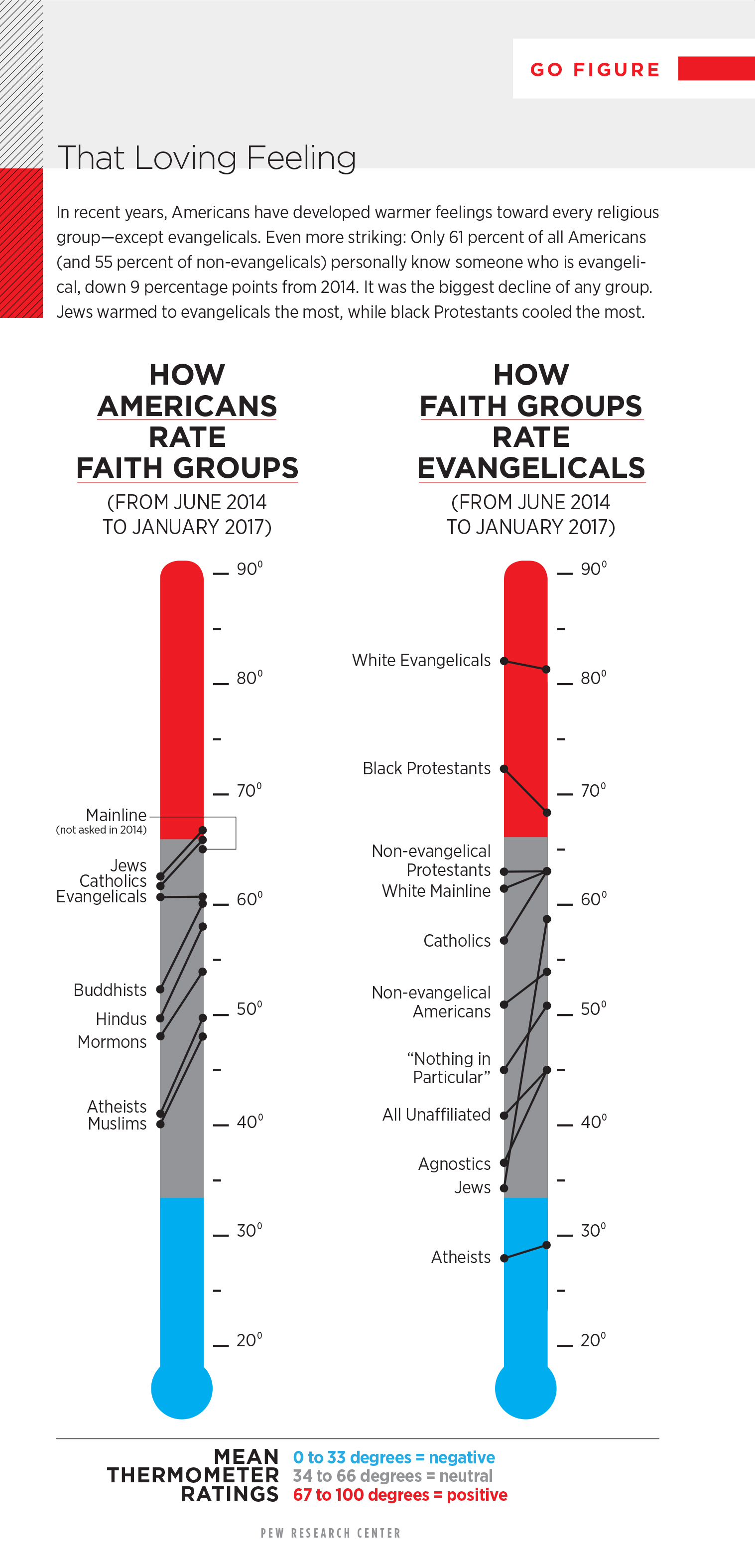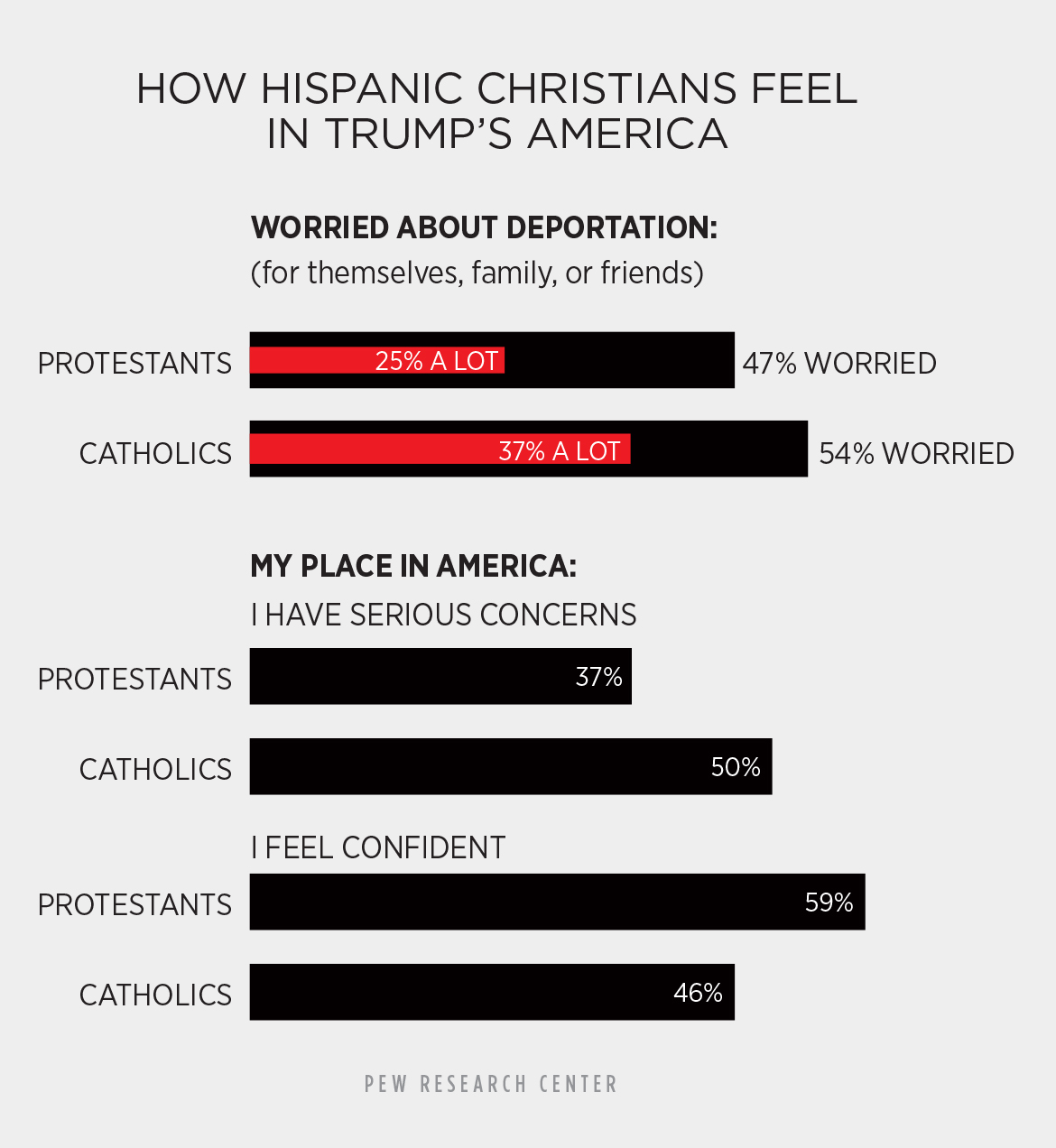Southern Baptists’ uncooperative funds
Some churches in the Southern Baptist Convention (SBC) aren’t happy with recent decisions by denominational leaders and are showing their displeasure by closing their wallets. After Ethics and Religious Liberty Commission (ERLC) president Russell Moore’s repeated public criticisms of Donald Trump and his evangelical supporters, Prestonwood Baptist Church in Texas—led by Trump adviser and former SBC president Jack Graham—decided to escrow money marked for denominational programs. The church gave $500,000 to the Cooperative Program in 2015; the program’s annual budget is about $190 million. Another megachurch in Tennessee is holding back funds over the decision by both the ERLC and the International Mission Board (IMB) to support a Muslim community’s right to build a mosque in New Jersey. The IMB apologized and changed its policy to “speak only into situations that are directly tied to our mission.” The SBC executive committee formed a task force to “study and recommend redemptive solutions” by September.
China: Korean missionaries kicked out
More than 30 Protestant missionaries from South Korea have been expelled from northeastern China, where some had been working for more than a decade. Along with evangelizing, the missionaries had been helping defectors from North Korea. Some linked the expulsion to China’s objection to South Korea’s agreement to host a US missile defense system. The radar is meant to help protect the country from North Korea but is capable of reaching into Chinese territory. China has expressed its displeasure by canceling appearances by South Korean performers and taking measures against some companies. Others point to China’s increased regulations on Christianity, including 26 new restrictions that were passed in October.

Free Christian college finally finds a taker
After eight years and several false starts, the Massachusetts campus that once housed evangelist D. L. Moody’s school for girls will finally be used again. In 2009, the campus was purchased from the school by the Green family, who own the Hobby Lobby franchise. They spent $5 million sprucing it up with the aim of donating it to a Christian institution. But when they offered it to Christian colleges, almost all balked. The campus—40 buildings on 200 acres—may be free, but it costs a lot to maintain. The eventual willing recipients: a small Catholic college in California looking for a second campus and the Moody Center museum. The National Christian Foundation has created a $5 million matching grant fund to help both with expenses.

Bob Jones regains tax-exempt status
More than three decades ago, the US Supreme Court confirmed the IRS’s decision to strip Bob Jones University (BJU) of its tax-exempt status due to its policy of denying admission to those in an interracial marriage or known to support interracial romantic relationships. The university dropped the policy in 2000 and apologized for its racial discrimination in 2008, but didn’t seek tax exemption again until it began to reorganize in 2014. Since the university moved under the tax-exempt umbrella of its elementary school, it doesn’t need separate IRS approval to take the exemption. Spokesman Randy Page told The Greenville News the move allows BJU donors to write off their gifts and makes BJU a more attractive recipient for grants.
Ex-Muslim can’t sue church over baptism
When a Muslim man converted and was privately baptized by an Oklahoma church in 2012, he says the church promised to keep it quiet. But while he was visiting his home country of Syria, the church published his baptism on its website. Islamist extremists in Damascus, aided by a relative, kidnapped and tortured him, according to a lawsuit he filed against the church. The man had to escape by killing his relative and now can’t return to Syria, he said. He sued the church for $75,000 for breaking its promise, but the Oklahoma Supreme Court decided the judicial system doesn’t have jurisdiction because “baptism is not secular.” However, three of its eight judges disagreed, saying in part that the case “does not involve a question of discipline, faith, or ecclesiastical rule.”












